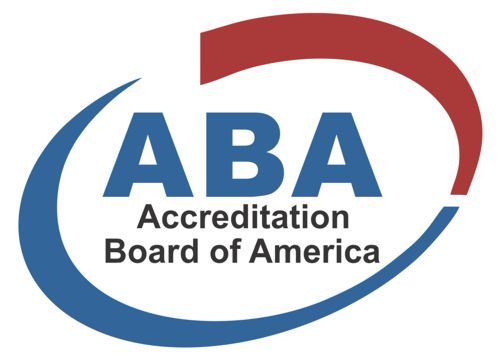For inspection bodies striving to demonstrate their commitment to quality and excellence, selecting the appropriate international standard is paramount. Two widely recognized standards in the industry are ISO 17020 and ISO 9001. While both focus on quality management systems, they have distinct scopes and objectives. In this article, we will compare ISO 17020 and ISO 9001, highlighting their key differences and helping you choose the right standard for your inspection body.
ISO 17020: A Standard Dedicated to Inspection Bodies
ISO 17020 specifically addresses the requirements for the competence and impartiality of inspection bodies. It provides guidelines for establishing and maintaining an effective inspection management system. This standard ensures that inspection bodies deliver reliable and consistent inspection services by emphasizing technical competence, impartiality, confidentiality, and effective communication.
ISO 9001: A Generic Quality Management Standard
On the other hand, ISO 9001 is a generic standard that sets forth the requirements for a quality management system (QMS) applicable to any organization, including inspection bodies. ISO 9001 focuses on customer satisfaction, continual improvement, and the ability to meet customer and regulatory requirements. It covers a broader range of activities, not solely limited to inspections.
Key Differences and Considerations:
1. Scope: ISO 17020 is tailored specifically for inspection bodies, encompassing the specific requirements and challenges they face. ISO 9001, being a generic standard, applies to a wide range of industries and organizations, including inspection bodies. Consider the specific nature of your inspection body’s operations when deciding on the appropriate scope.
2. Technical Competence: ISO 17020 places strong emphasis on the technical competence of inspection personnel. It requires verification of skills, qualifications, and experience relevant to the inspections conducted. ISO 9001 does not have as detailed requirements regarding technical competence.
3. Impartiality: ISO 17020 dedicates considerable attention to ensuring the impartiality of inspection bodies. It requires the identification and management of potential conflicts of interest and safeguards against any undue influence. ISO 9001 does address impartiality but not to the same extent as ISO 17020.
4. Documentation: ISO 9001 places greater emphasis on documented procedures and documentation control, including the creation of quality manuals, quality policy, and documented processes. ISO 17020 also requires documentation but with a more specific focus on inspection-related procedures and processes.
Choosing the Right Standard:
When deciding between ISO 17020 and ISO 9001 for your inspection body, consider the following factors:
1. Industry Requirements: Assess the industry-specific regulations and customer expectations. Some sectors may mandate ISO 17020 compliance, while others may prioritize ISO 9001 or require a combination of both.
2. Customer Needs: Understand your customers’ preferences and requirements. Some clients may prioritize ISO 17020 accreditation for inspections, as it signifies a specific focus on inspection competence and impartiality.
3. Organizational Goals: Evaluate your organization’s goals and strategic direction. If your primary focus is on inspections and you seek to differentiate yourself in terms of technical competence and impartiality, ISO 17020 may be the preferred choice.
4. Integrated Approach: Consider the possibility of integrating both standards into your QMS. This can provide a comprehensive framework that addresses both general quality management aspects (ISO 9001) and inspection-specific requirements (ISO 17020).
Choosing the right standard for your inspection body is a critical decision that impacts your reputation, customer satisfaction, and overall quality performance. ISO 17020 and ISO 9001 offer distinct approaches to quality management, with ISO 17020 focusing specifically on inspections and ISO 9001 addressing generic quality management principles. By considering your industry requirements, customer needs, organizational goals, and the possibility of integration, you can make an informed decision and implement the standard that best aligns with your inspection body’s objectives.

